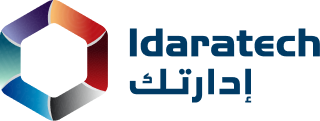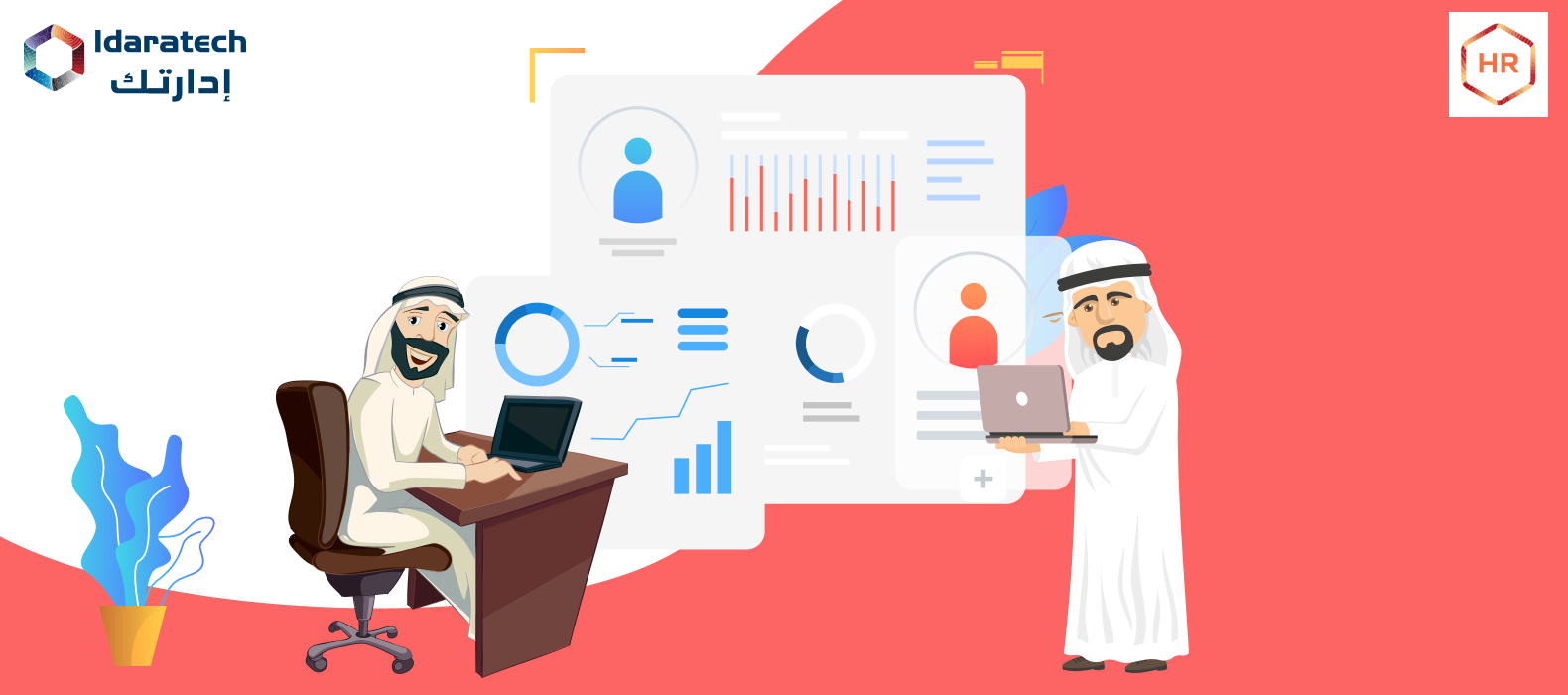Payroll administration is extremely important if you own a business and hire people. Only with the assistance of their staff and workers can organizations and other institutions function to their full potential. Therefore, taking appropriate care of the employees is important because that is their legal entitlement.
Employees should receive the appropriate compensation based on their tasks and hours worked. Additionally, pay for employees should be distributed systematically. Because of this, payroll is crucial to the proper operation of businesses.
An effective employee salary database management system is crucial for payroll. It’s a payroll tool that decides how a company will handle everything from collecting employee data to filing reports required by law.
The salary management system is an efficient instrument for maintaining the payroll system’s perfection. For a smoother and more effective payroll system, it is therefore highly advised to have this.
Before we continue, let’s define an employee salary database management system and tips. Next, let’s talk about the advantages it offers a company.
So let’s go!
What is Employee Salary Database Management?

Although the phrase “salary management” or “employee salary database management” may appear insignificant, it significantly impacts the employees’ financial situations and the company’s credit and Compliance. The business is required by law to follow several statutory compliance requirements. Non-compliance may result in legal problems, in which the appropriate authorities may be fined, punished, or even both.
The employee salary database management is a tool that includes a well-organized payroll system. It streamlines fundamental payroll procedures to make businesses more effective. Typically, a buffer system that tries to automate other processes includes a payment management system.
This tool helps calculate, pay, and file required fees. However, a few things must be considered before the machine can compute these figures.
For instance, attendance, benefits, and deductions are considered when calculating salaries. Therefore, it is strongly advised to get an employee salary database management system that provides the following:
- Checking attendance,
- performance evaluations,
- Statutory Compliance,
- Benefits and Deduction Records
Additionally, it is the employer’s responsibility to withhold TDS, PF, ESI, and PT from employee salaries and deposit those amounts in the appropriate departments. This responsibility falls primarily on the HR department. Consequently, we can characterize it as a comprehensive solution that gives the employee a sense of his net earnings and other deductions. One can use the straightforward calculation or formula as part of the system for managing employee salaries to:
Net Salary = Gross Salary – Different Deductions.
Tips for employee salary database management
Any organization needs a trustworthy payroll administration system regardless of size or power. It comprises both small and large corporate entities. Follow the tips and strategies below to keep your payslip format operating well.
1. Create an employee salary database management system that is paperless:
We benefit from today’s digital world in numerous ways, including electronic database maintenance and digital transactions. The biggest problem today is managing a lot of data manually. A capable payroll management system offers a fully paperless working environment, improving database security.
2. Use the appropriate software
Utilizing the digital medium can assist you in relieving the discomfort of repetitive and busy payroll procedures. The strategy for building a friendly employee salary database management with on-time payouts and error-free payslips may be readily mastered with the correct software.
By relying on technology, you may cut out the tedious, time-consuming document-driven process and reduce the possibility of human error. This programme has a built-in payroll calculator that determines the gross wage after considering the necessary deductions for your personnel. This software makes it simple to produce electronic payroll slips.
3. Use only current information:
The most recent information regarding the rules for pension deposits, gratuities, and other significant payment components should be available in a trustworthy employee salary database management system. Employers must always receive the most recent information on salary component changes via an effective employee salary database management system.
4. Recognize the compliance requirements and payroll structure:
When planning your employees’ payroll, you must be careful to account for all applicable taxes and legal requirements. To avoid problems with legal Compliance, you must deduct a specific amount equal to the correct taxes given to the proper areas.
Planning and administering payroll responsibilities requires the ruling government to understand the payroll system thoroughly. You should submit tax returns and complete other legal requirements to avoid legal consequences.
5. Automate your payroll process:
Employee salary database management that is done manually can be difficult, time-consuming, and error-prone. Automating SMEs’ payroll procedures through payroll software is a cost-effective approach. Fortunately, several affordable options are available, such as cloud payroll software that is paid monthly.
When selecting payroll software for your business, you should consider your company’s size, the technical assistance you require, whether your employees are paid hourly, salaried, or on a commission basis, and which features are essential.
6. Regularly review payroll procedures
Regardless of your confidence in your current policies, it’s crucial to ensure they remain current. Older rules sometimes need to be updated or modified when laws, software, and your company evolve.
Ask the payroll team to record the queries made by the staff. You should review and update your payroll records and onboarding procedures if you consistently get the same inquiries.
If you don’t use a cloud version, you should test your payroll software after modifications. This is especially crucial if your software connects to other components of your company, including biometric or card-based access systems that track employee hours worked.
7. Utilize software for employee scheduling and time management.
Payroll processing requires accuracy, which begins with correctly tracking employee attendance. Even a small mistake can lead to significant civil penalties and negative customer reviews for the company.
Utilizing scheduling and time-tracking software will help you be more productive and efficient and ultimately assure the accuracy of your payroll reports.
8. Maintain truthful employee records
Although it might seem simple, ensuring you have accurate personal information for each employee is crucial. Legal problems may arise if this information changes (such as a promotion or pay raise following a pay review) or needs to be entered accurately when the employee is hired. Throughout their time working for you, your responsibility is maintaining an eye on their records.
Additionally, it ensures that you know who receives benefits and what rights they have if workers become ill, go on maternity leave, or resign. Although it may seem tedious, one of your payroll team’s most crucial responsibilities is to manage and update your employees’ records.
9. Engage Skilled Payroll Personnel
Staff members who work in payroll must be capable of handling the responsibilities of their position to avoid mistakes, expensive compliance fines, and, ultimately, job discontent.
Therefore, businesses need to assemble a payroll team with the expertise needed to manage the volume of payroll duties your organization requires. Remember that this applies to those with outstanding credentials and someone who can pick up new skills fast and fit in with your workplace culture.
For individuals applying for payroll employment, there are no mandatory “industry standards,” but you can always check for appropriate payroll accreditations that demonstrate their math proficiency. Experience, adaptability, and integrity are other crucial traits. Finding applicants with the appropriate abilities can make all the difference because hiring the correct payroll staff assures that all of your company’s payroll obligations will be handled.
10. Payroll procedures should be fully stated
Your staff values transparency. They want to know when their paychecks will be issued when their timesheets are due, and what the company’s payroll procedures are. Implementing cloud-based payroll software is fantastic because most of it includes a payroll calendar. This will benefit your payroll staff in organizing payroll administration chores and show employees when they will be paid and when timesheets are due.
Once your payment schedule is chosen, some payroll software will automatically produce a calendar. A good payroll calendar will be clear about the payment schedule, including holiday pay, making it less confusing for employees to know when and how much they will be paid throughout the year.
11. Use payroll outsourcing services
The best method to guarantee a smooth employee salary database management system is to rely on a professional’s knowledge. As a result, many businesses hire payroll service providers in India and other countries to handle their payroll needs.
These payroll outsourcing services are outfitted with the appropriate software, technical expertise, and financial expertise to help you establish a stress-free workplace.
Benefits of employee salary database management to organizations.
Benefits of Employee Salary Database Management to Organizations
1. Keeping accurate records:
Record keeping is the most fundamental yet crucial component of any employee salary database management system. It maintains a record of personnel data, as was already described. This is crucial since it enables you to improve personnel management.
Payroll management technologies benefit your organization by providing attendance monitoring and performance assessment in educational environments. These kinds of records are crucial for assessing employee performance and bonus amounts.
Additionally, the history of payout transactions is also maintained by this programme. This demonstrates the initial payments made to the various employees of the company. Employers are protected from future fraud claims by providing proof of payment to employees.
2. Accessibility
An employee salary database management is beneficial since it gives all necessary employees access. For instance, Teachers can access their current wage information anytime, anyplace, including with any bonuses or deductions.
Staff can view their information using a mobile app with systems. Such features are beneficial in a fast-paced environment because they enable stakeholders to multitask.
Additionally, it enables the management to plan payout. This would result in delayed salary payments for the managers.
3. Increase Efficiency
Organizations can save time and money since the employee salary database management system almost automates every task. Now, businesses may quickly calculate final salary payouts.
This implies they must also recruit manual workers to complete these work areas. This would enable the company to cut back on additional expenses like human resources.
Maximizing efficiency should always be one of the objectives of any institution or organization. Productivity is the same as efficiency. Therefore, additional activities that support the growth and success of businesses can be carried out.
4. Used for Strategic Planning
Strategic planning will benefit from the employee salary database management system’s records. Since most systems include reports or analytics, you can use these as a reference when choosing a course of action.
Consider the performance of the instructors. If an employee salary database management system generates reports on this, the school can utilize this data to decide how to support the teachers’ professional development.
Using accurate facts while developing plans or making decisions in any industry is crucial. This would prevent decision-making bodies from wasting money on useless initiatives or activities.
5. Enhanced data security
To protect your business’s confidential information, you depend on your staff. They rely on you to handle their data in the same way. Every company has a wealth of private information about its employees. They have to make sure that private information stays just that—private.
It is harder for goods to get into the wrong hands when they are digital. However, it’s crucial to prioritize your HR personnel database software’s security. Information may be compromised if your software lacks a strong security system. The best employee salary database management software will have numerous security measures to prevent data inside from falling into the wrong hands.
Conclusion
No matter how many people you employ, running a successful employee salary database management is crucial to your company. This essentially comes down to keeping up-to-date personnel records, abiding by the most current legal requirements, automating the procedure with payroll software, being transparent with your staff, and routinely monitoring your payroll process.
Putting these suggestions into practice can increase employee satisfaction and productivity while preparing your company for future difficulties and changes.

